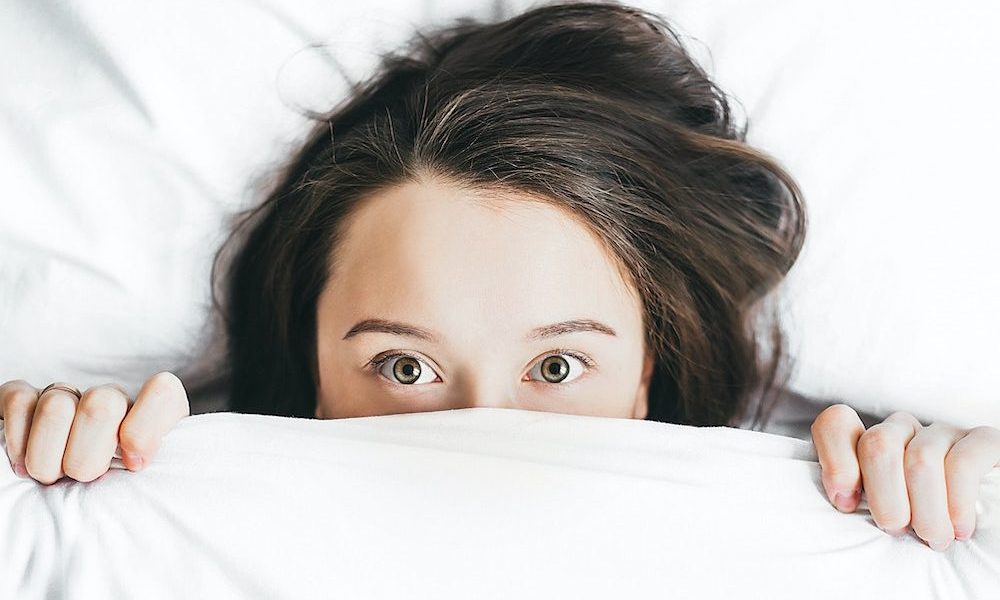Did you know that the ideal time for you to fall asleep is within 10 to 15 minutes?
Yes, studies show that it should only take 10 to 15 minutes for you to fall into a slumber. If you fall asleep faster than that, it could mean you’re sleep-deprived. If it takes you longer, it could mean that factors are disrupting your sleep cycle. 1
Sleep is essential for our well-being, and it affects our mental and physical health. Good sleep boosts our immunity, promotes focus and concentration, and improves our mood.
Unfortunately, not everyone can quickly doze off. A 2022 data shows that around 8.2% of adults have to take medication to help them fall asleep. 2
Many factors can contribute to ruining your good night’s sleep. Here, we listed the top 10 things you should avoid before hitting the sack. We also provided the evidence and reasons why it impacts your sleep.
1. Check Any Electronic Device


Many people have a habit of checking their phones and gadgets before going to bed.
Unfortunately, it’s one of the factors that could disrupt you from getting a good night’s rest.
Research shows that phones and other electronic devices emit a blue and white light that prevents your body from producing melatonin. This hormone helps control your body’s sleep cycles. 3
The lesser melatonin is released in your body, the harder it is for you to fall asleep. It also prevents you from getting up early the next day.
2. Smoking


Many smokers often say that smoking makes them feel relaxed. However, when it comes to sleep, smoking does the exact opposite.
Studies show that nicotine in cigarettes has been associated with difficulty sleeping, breathing problems like sleep apnea, and sleep disturbances. 4
Smoking before sleeping can also result in nighttime withdrawal, or the effect you feel as the nicotine leaves your body. Among the symptoms of nighttime withdrawal are: 5
- Difficulty in initiating sleep
- Strong urge to smoke more
- Irritation
- Trouble keeping focus
3. Work In Bed
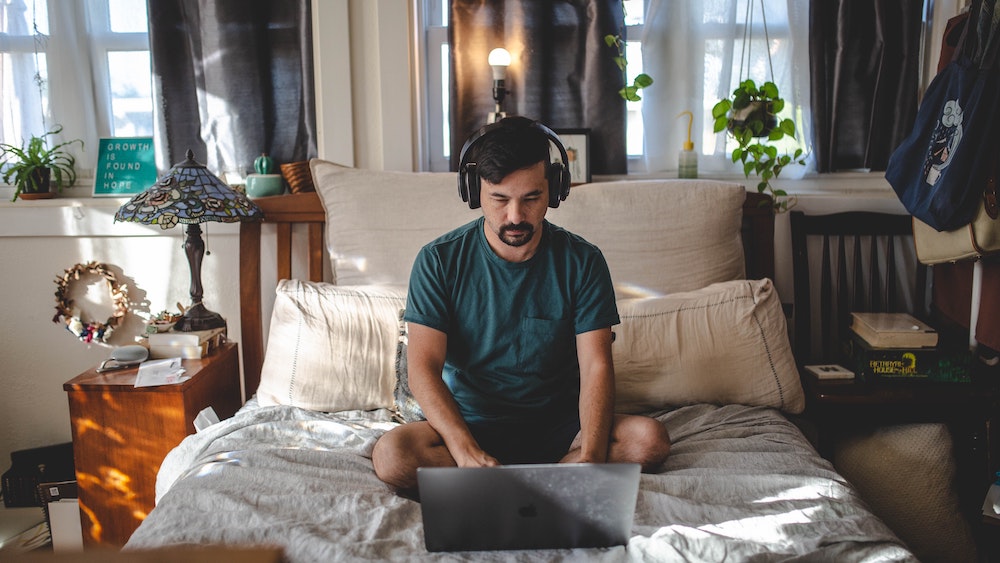

While it may be tempting to work in the comforts of your bed, it can prevent you from getting good sleep.
Experts say that working in bed confuses your brain and establishes unhealthy associations between sleep and work. 6
When you work in bed, your brain starts associating bed with wakefulness instead of sleep. Thus, it prevents you from fully disconnecting from work when you’re already trying to rest.
Read More: Tips To Stay Healthy While Working From Home
4. Drink Alcohol


Many individuals believe that taking a shot of alcohol or getting drunk can help them sleep faster.
Alcohol is a depressant, meaning it impairs or slows down your body’s activities. While it may be true that alcohol can knock down your senses to sleep, it negatively impacts its quality. 7
Studies show that alcohol can worsen sleep apnea symptoms, the abnormal breathing during sleep.
Consuming alcohol, especially in excessive amounts, also affects those individuals with insomnia. It creates a vicious cycle of being sleepy the whole day and the need to drink more alcohol to sleep.
5. Eating Late-Night Snacks Or Meals


The effects of late-night eating can be linked to a disruption to your circadian rhythms, your body’s internal clock that manages your periods of sleep and activity.
Following your circadian rhythms, your body is already used to shutting down your digestive system at night. If you’re still eating, you’re pushing your body to work to digest food.
It may seem harmless, but triggering your metabolism at night can result in serious health conditions like a spike in blood sugar and blood pressure.
Studies show that an increase in blood sugar at night is associated with frequent trips to the comfort room, poor quality of sleep, and even insomnia. 8
Read More: 8 Drinks To Lose Weight While Sleeping
6. Take Certain Medications
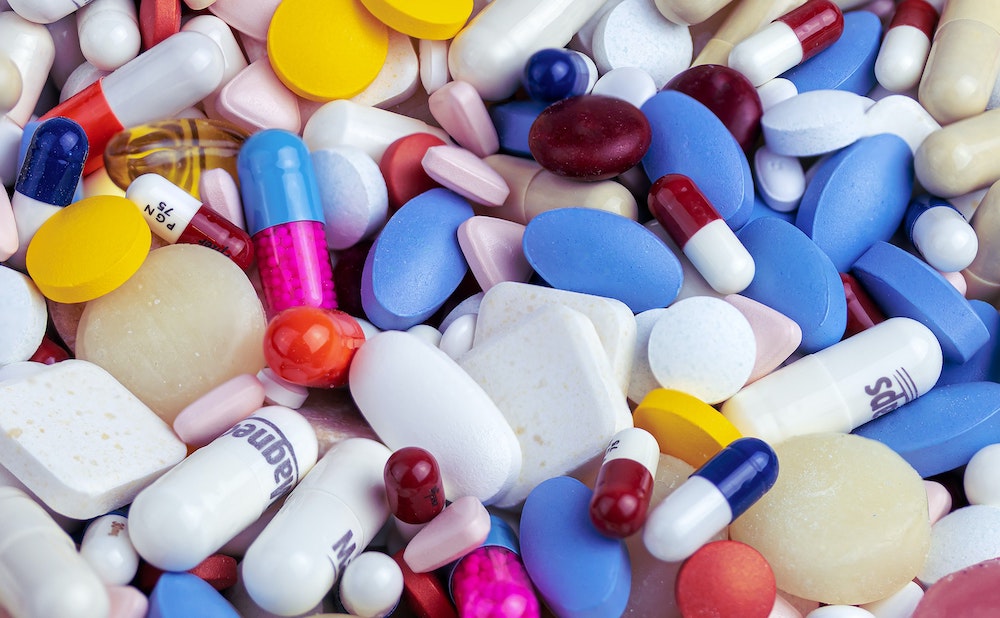

Many people, especially the elderly, need to take certain medications before sleeping. Certain medicines for pain, hypertension, depression, and many others can cause insomnia.
Here are some medications that can keep you awake at night: 9
- Beta-blockers
- Alpha-blockers
- ACE inhibitors
- SSRI antidepressants
If you have difficulty coping with insomnia due to your medication, it’s best to seek your doctor’s advice.
7. Drink Coffee


Caffeine is a common stimulant, meaning it gives you a jolt of energy and alertness.
Studies show that consuming coffee three to six hours before bedtime can significantly disrupt your sleep. It can also lessen your rest by more than one hour. Continued sleep loss can affect your health and daytime productivity. 10
8. Worry And Overthink
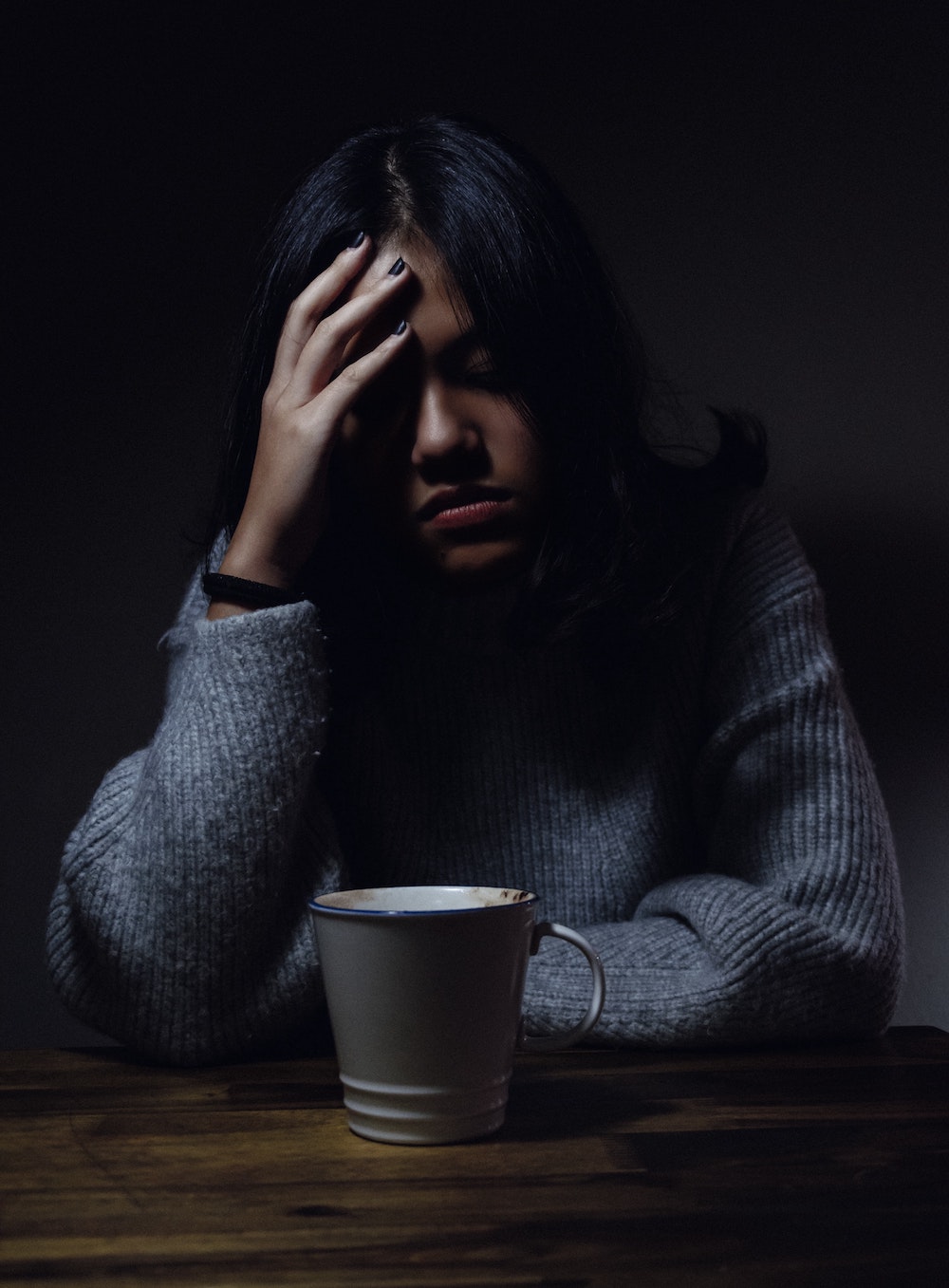

Sleep should be a time for rest and not for overthinking and stress.
Disruptive thoughts can make you wide awake at night. For people suffering from depression, anxiety, and chronic stress, this can be a real problem and may lead to insomnia and other sleep disorders.
If unwanted thoughts caused by mental health issues keep you from having a good night’s rest, seek help from a healthcare professional.
Read More: Try This Military Technique To Fall Asleep In 2 Minutes
9. Turn Up The Heat
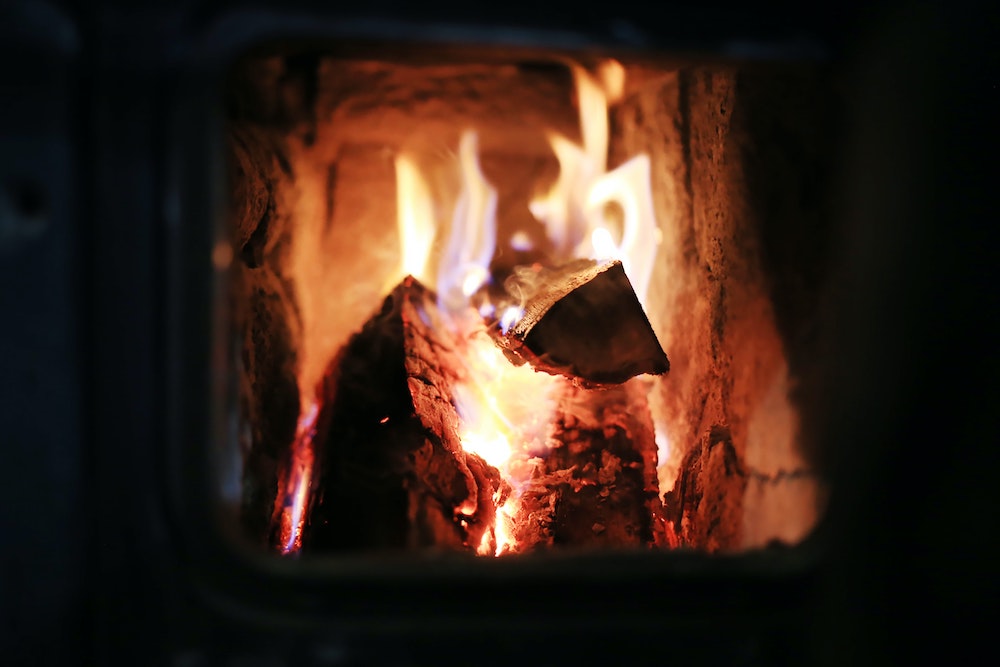

Your bedroom’s temperature has a significant impact on the quality of your sleep. Studies show that keeping your room cool is better than making it warm. When your room is too hot, it increases your body’s wakefulness.
An increase in the thermal environment affects sleep stages. Too much heat can interfere with your rapid eye movement (REM) sleep, the stage associated with vivid dreams. It can also disrupt your slow-wave sleep, the stage when your body is in its most restful state. 11
10. Take Sleeping Pills
Unless you’ve been diagnosed with insomnia or other sleep disorder, you shouldn’t be taking sleeping pills.
It may be surprising, but taking sleeping pills may not always benefit your sleep. While sleeping pills can make you fall asleep faster, their long-term effects can create a vicious cycle.
If you keep taking sleeping pills, your body starts depending on them. You can no longer sleep without it, and if you stop, your insomnia becomes more severe. 12
Always consult your doctor before taking sleeping pills, especially if you’re taking other medications.
Things Not To Do Before You Sleep – In Short
Dr. Michael Twery, a sleep expert at NIH (News In Health), explained how important sleep is in our well-being. He said:
“Sleep affects almost every tissue in our bodies. It affects growth and stress hormones, our immune system, appetite, breathing, blood pressure, and cardiovascular health.”
Many factors might hinder you from getting a good night’s sleep. Some factors, such as working in bed, may easily be resolved. In comparison, there are factors such as medications and mental health concerns that need the advice of a professional.
Sleep is an essential but often neglected function in our body. If we take the time and effort to manage things like diet and exercise, we should also prioritize and value the importance of sleep in our lives.
For more life tips, feel also free to check out the 10 things wee recommend you to add to your Healthy Morning Routine.
References:

